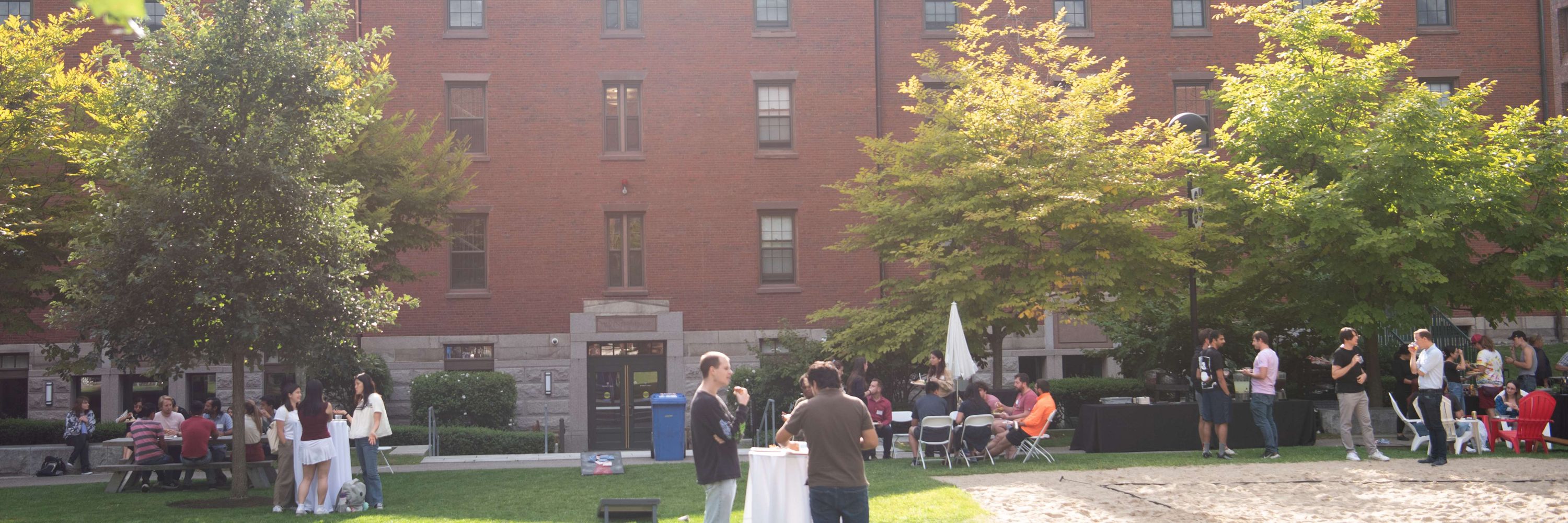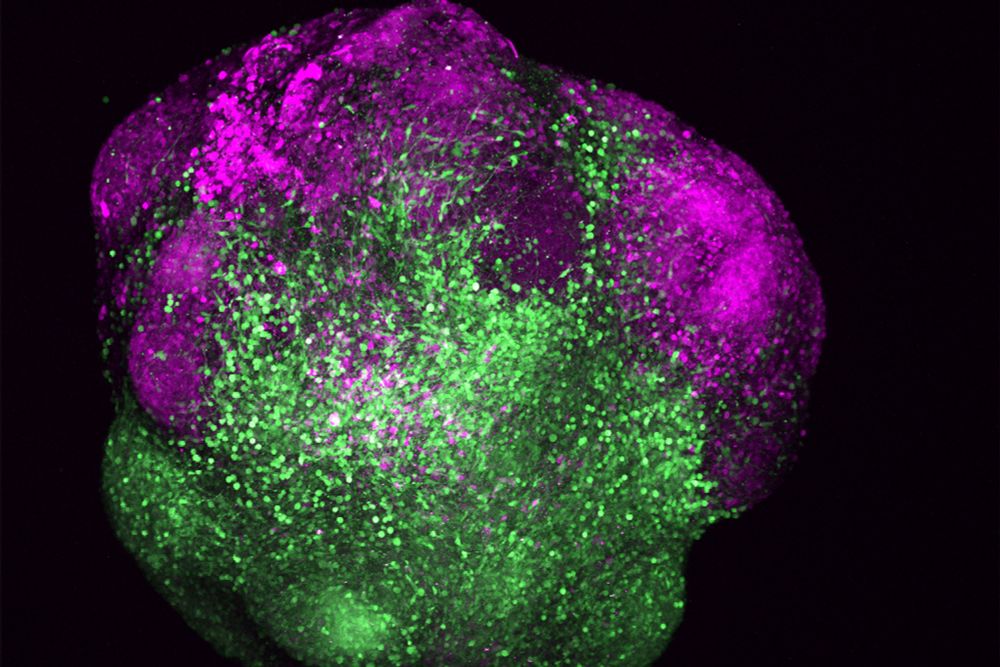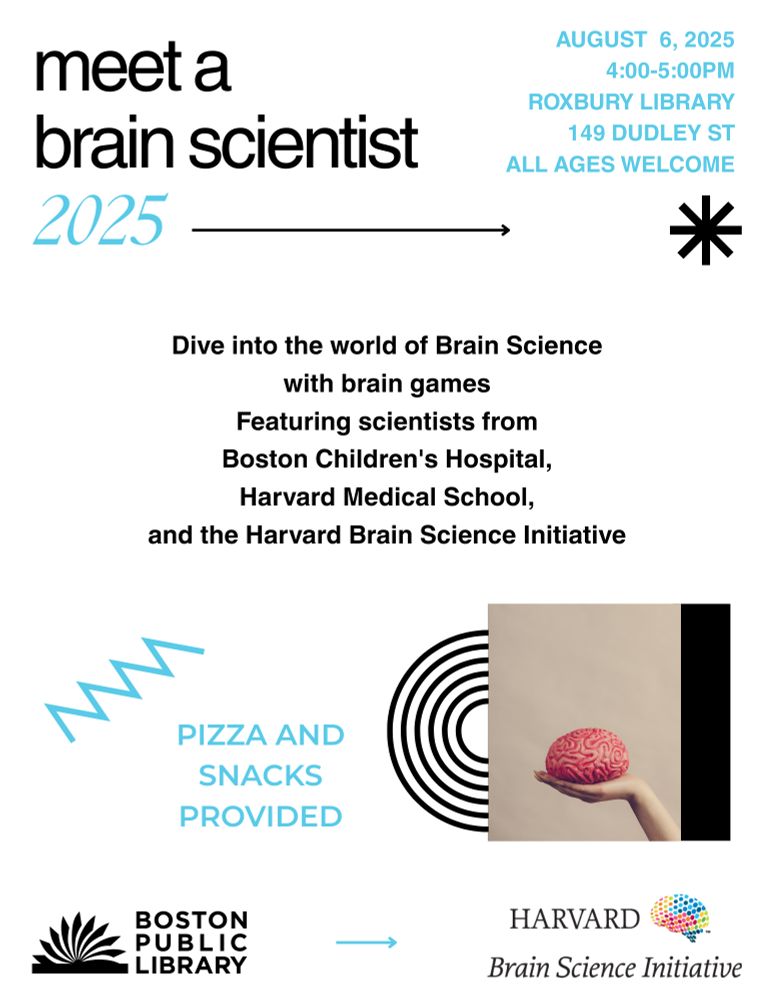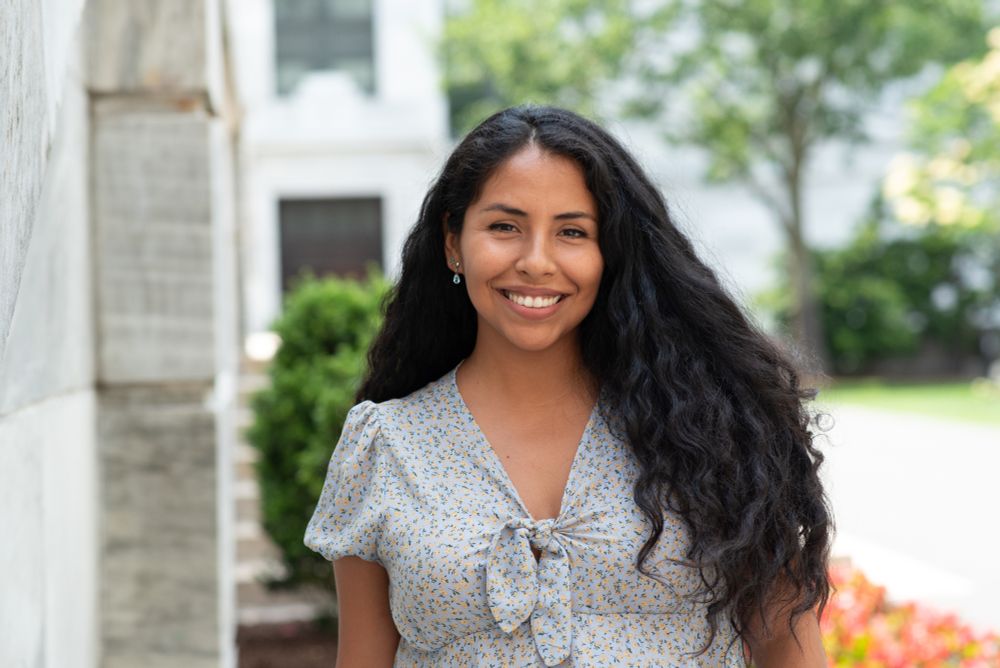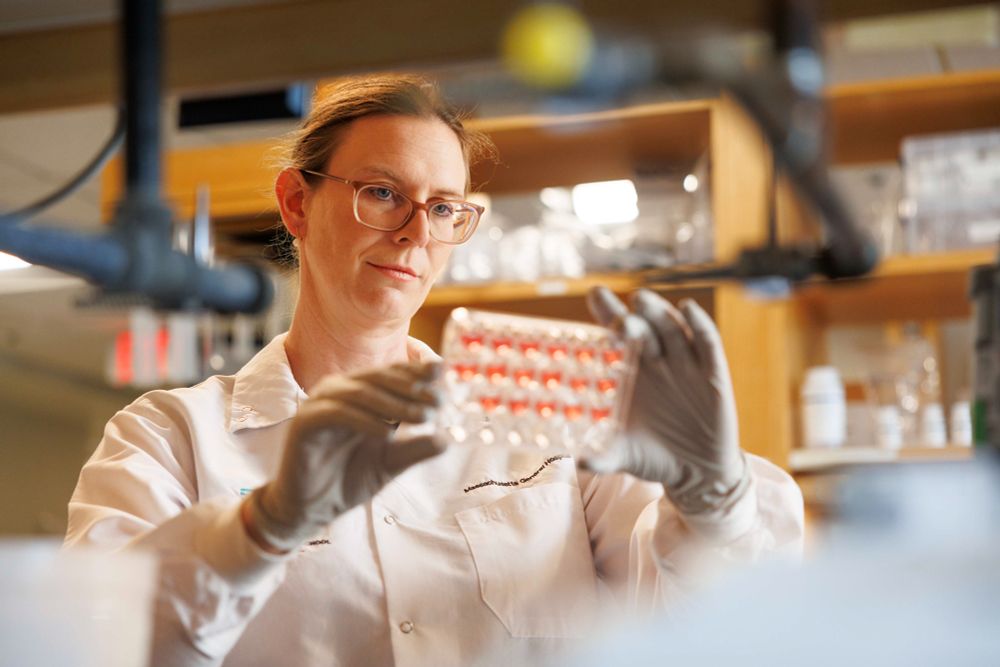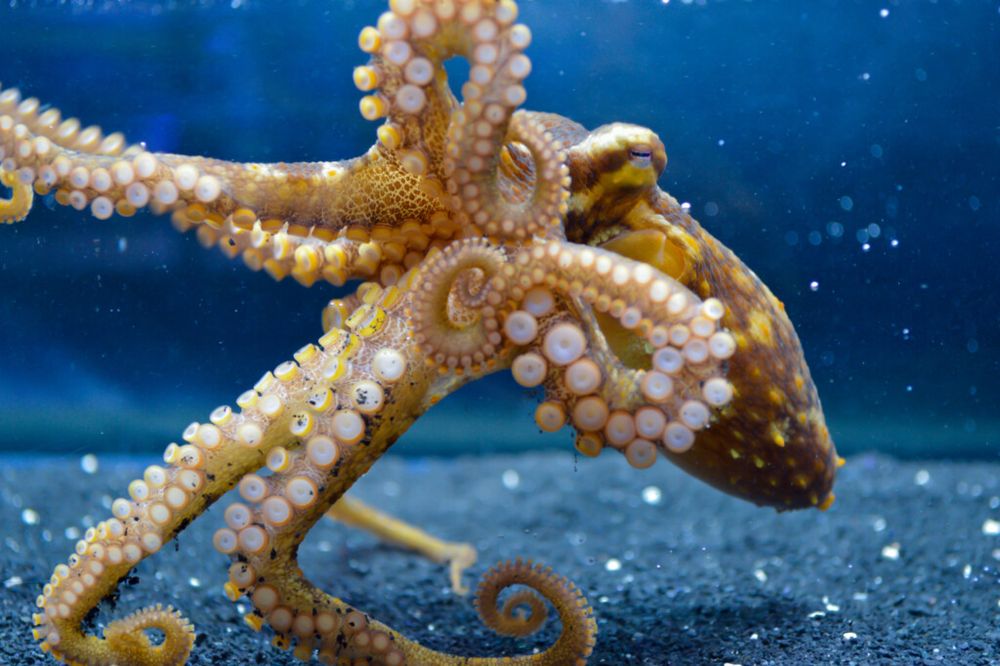Harvard Brain Science Initiative
@harvardbrainsci.bsky.social
1.1K followers
170 following
100 posts
HBI brings together neuroscience researchers from different parts of Harvard and its affiliated hospitals.
Throughout all that we do, we aspire to build and nurture a scientific community that is diverse, inclusive, and welcoming.
https://brain.harvard.edu
Posts
Media
Videos
Starter Packs
Reposted by Harvard Brain Science Initiative
